The previous conversation just ended right after Kimmsr's heading. No option for additions after that.
So, I'm continuing it here! It doesn't have Jon's compost and garden bed porn, but maybe he can fix that. ;-)
Coconut_Head originally posted this question:
"As I read through thread after thread, I see two lines of thought with composting. One method seems to be just throw it on top of whatever bed needs it whenever it's fully cooked.
"Another group seems to save it a little until they amend a whole bed and then they till or turn the compost into the dirt.
"I find myself thinking that turning it in the soil is going to be more beneficial for water retention, drainage and nutrient disbursement. I mean the roots of your plants are under the soil for the most part, not at the top, so topdressing would require the nutrients to be leached down through the soil.
"If you are in either camp, please lay out your thought process as to why you do it your way. I do see that it would be much less work to topdress, so maybe that is the only benefit to doing it that way, not that saving a lot of time and effort isn't a worthy reason. But at my current age and energy level, I am only really looking for optimal, so more work is fine by me."
* * * * * *
The thing is, no one is alike in their time, money, experience or abilities. And their gardens and soils are all different, too.
I just don't think there's one perfect answer for everyone.
Even Bill Mollison, the 'father of permaculture' (along with David Holgren), who is one of the biggest proponents of mulching, has said that original treatment with a plow or tiller can be forgiven to get some initial important work done with the soil.
Turning the soil exposes nutrients and micro-organisms to drying winds and killing sunlight. Some of the nitrogen in the soil will off-gas uselessly into the atmosphere. Repeated tilling creates hardpan at the level where the bottom of the tilling level meets the untilled soil.
You can add lime to the soil to add calcium, but it works best when its incorporated with the soil rather than just setting on top, and faster.
Rototilling is probably the worst, as it turns and pulverizes the soil, incorporating a lot of air into it.
When it comes to plows, most people think of the old moldboard plow that turns the soil over, but that's not the only kind of plow there is.
There is the Chisel Plow, that slits the soil and opens and gently lifts the soil below the surface to form an air picket without turning the soil over; it helps rain to penetrate rather than just roll off the surface, raises the soil temp. With just the addition of some air and warmth, no fertilizer is often needed. Seeds can be dropped into the thin furrow.
Now there is the Permaculture Super Plow (aka Keyline Super Plow) which "deep cultivates, injects & sprays compost tea / biofertilisers and sows cocktail / shotgun biological subsoilers and pastoral species all in a single pass."
Using something like these two last units in the beginning, along with liming, and followed by cover crops could give your soil an enormous jump-start.
Once the soil quality is stabilized and elevated from a severely degraded or deficient soil, you could probably limit your soil treatments to green manure crops and top-dressings of deficient minerals and trace elements. By this time, your earthworm and micro-herd populations have probably taken a huge jump, and the mineral additions and mowed green manures would be transferred deeper into the soil by them.
And after that, just replacing nutrients that have been removed via food crops and mulch would probably do the job for most soils. For planting, just scratch the top inch or so and plant your seeds.
But all of this takes some time. Difficult soils would take longer. But if there's a way to stimulate sluggish activities, why not use it in the beginning?
Gardening methods aren't a religion. Do what's best for your soil, your climate, your abilities, etc, not what is best for someone else.
Sue


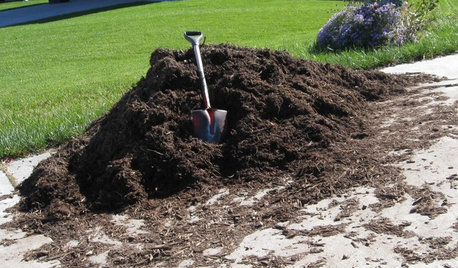

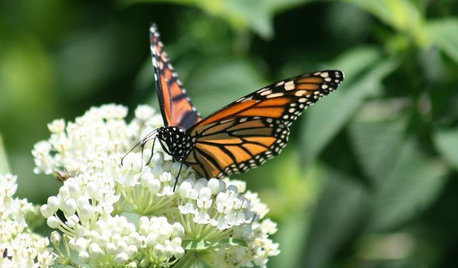
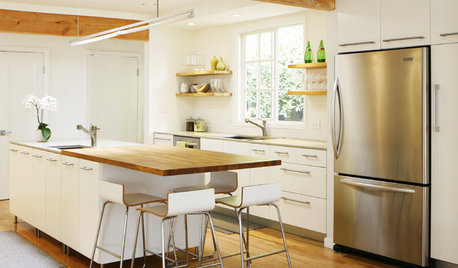

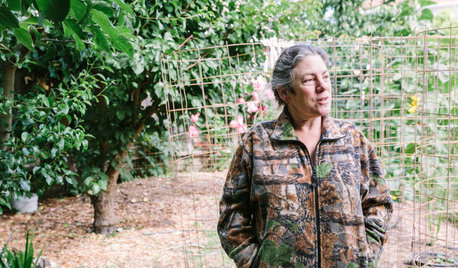
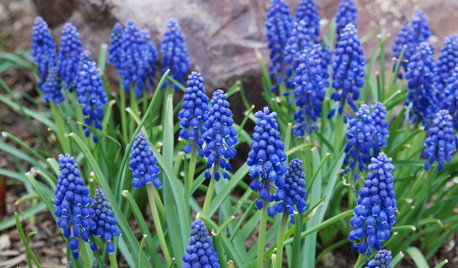
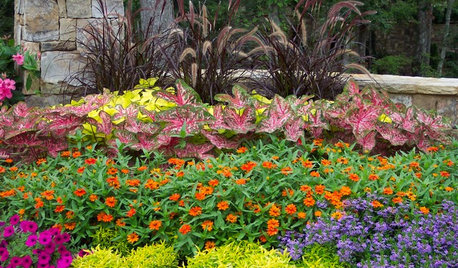





bpgreen
hortster
Related Discussions
Till or Top Dress?
Q
Soil improvement with compost
Q
Rototilling vs manual tilling?
Q
Compost Tea vs Molasses Applied Directly to Lawn
Q
feijoas
hortster
feijoas
coconut_head
jolj
Kimmsr